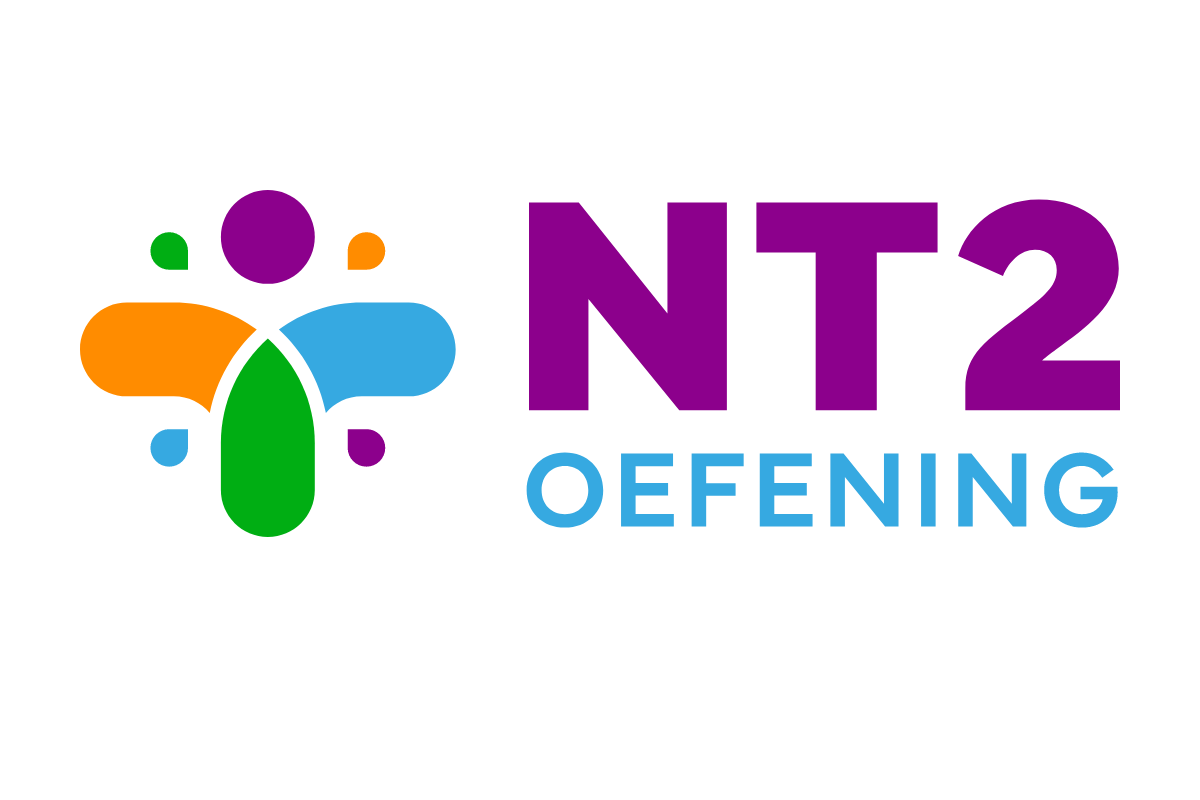When you move to the Netherlands, passing Dutch knowledge exams (kennisexamens) is often part of your integration process. These exams test your understanding of the Dutch language, society, and job market. So, we explain the different types of exams and how to prepare for them in this blog.
Types of Dutch Knowledge Exams
There are several exams designed for people to integrate into Dutch society. And, these exams depend on the civic integration act you fall under: the 2013 Act or the 2021 Act. Below, we cover the main exams you might need to take.
1. Knowledge of Dutch Society (KNM) - Kennis van de Nederlandse Maatschappij
The KNM exam helps you learn about life in the Netherlands. Also, it focuses on topics like shopping, healthcare, and daily routines. During the test, you watch short videos and answer questions. This exam lasts 45 minutes and is taken on a computer.
2. Job Market and Participation Module (MAP) - Module Arbeidsmarkt en Participatie
If you fall under the 2021 Act, you may need to complete the MAP. This module focuses on working and participating in Dutch society. It has two parts:
- Labour Market: You learn about available jobs, how to apply, and what suits you best.
- Participation: You complete practical tasks, like volunteering, internships, or paid work.
The MAP ensures you gain skills to find work and participate in your community. Your municipality will guide you during this process.
3. Orientation on the Dutch Labour Market (ONA) - Oriëntatie op de Nederlandse Arbeidsmarkt
The ONA exam is required for some under the 2013 Act. It focuses on understanding the job market and applying for work. In addition, you need to complete assignments (a portfolio) and choose between:
- 64 hours of an ONA course
- A final interview
Make sure to start your portfolio early, as DUO may take weeks to approve it.
4. Participation Statement Process (PVT) - Participatieverklaringstraject
The participation statement is required for anyone integrating after October 2017. It involves learning about Dutch values, such as equality, freedom of religion, and non-discrimination. Once you understand these values, you sign the statement to show your commitment to Dutch society. The municipality tracks your progress and informs DUO when you’ve completed this step.
How to Prepare for Dutch Knowledge Exams
Preparation is key to passing the Dutch knowledge exams. So, here are some tips to help you:
- Start early: Give yourself enough time to learn and practice. For exams like ONA, you may need weeks to complete all the steps.
- Use online tools: Online resources can guide you.
- Practice with examples: Try mock exams or practice assignments. This helps you feel confident on test day.
What Happens If You Don’t Pass?
If you fail an exam, don’t worry. You can retake it. However, you may need to pay the fee again. For exams like ONA, failing the interview means resubmitting your portfolio and attending another interview. So, start on time to avoid delays.
Nt2 Oefening Supports Your Preparation
Nt2 Oefening is a powerful tool for preparing for Dutch exams. This AI-powered platform provides instant feedback on all language skills, including speaking and writing. Also, it’s perfect for practicing exam content and improving your Dutch.
Thanks to Nt2 Oefening, you can:
- Practice real-life scenarios, like job interviews or doctor visits.
- Get tailored feedback to improve faster.
- Also, learn at your own pace, anytime and anywhere.
Final Thoughts
Dutch knowledge exams (kennisexamens) are essential for integration in the Netherlands. From understanding Dutch society to navigating the job market, these exams open doors to opportunities. So, use Nt2 Oefening to prepare effectively. Start today and take your first step toward success!

